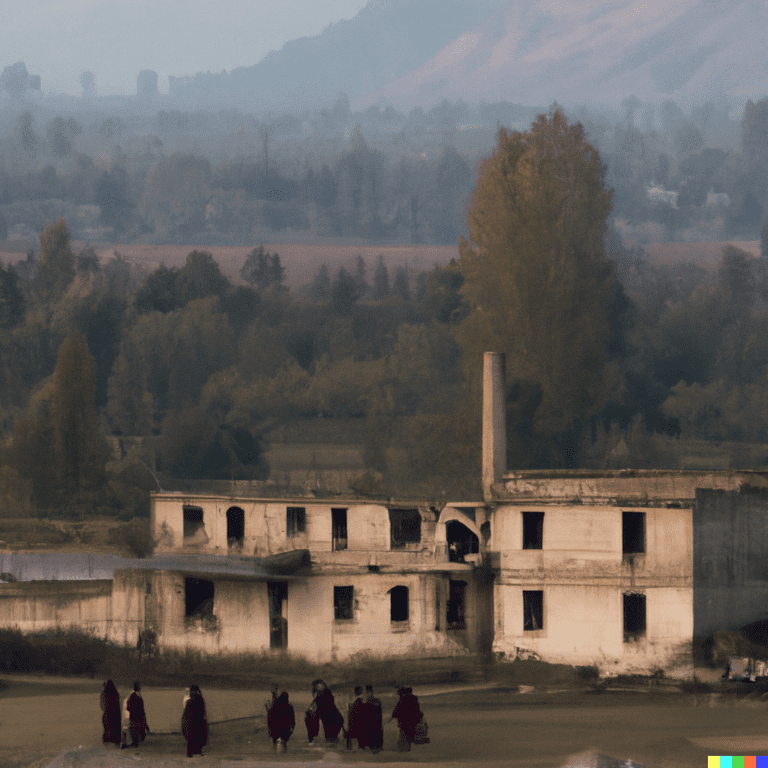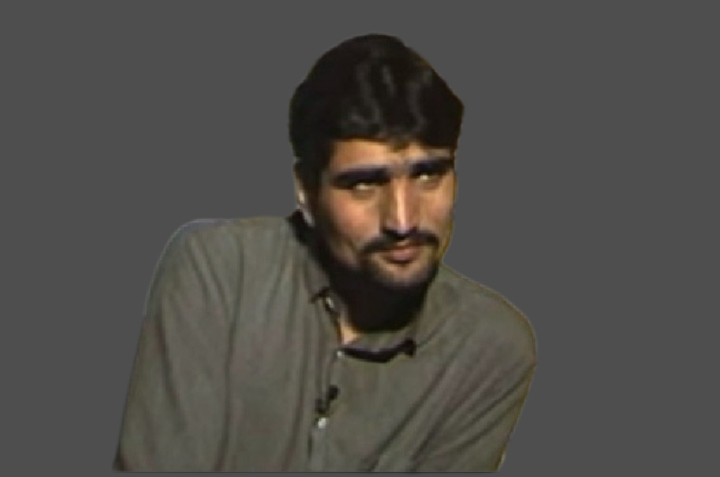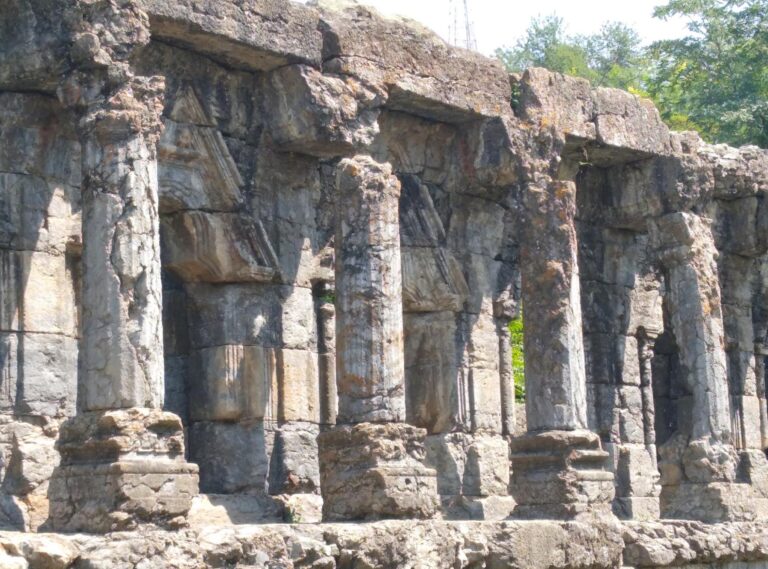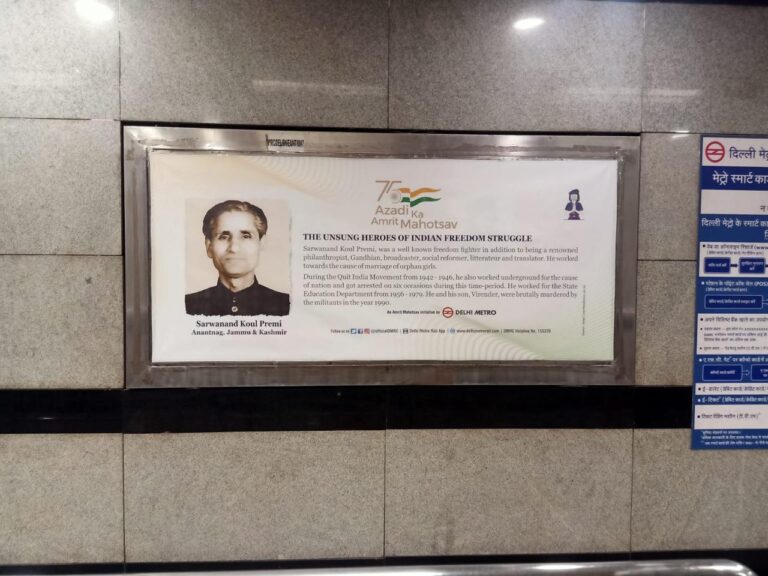This article looks at Satya Pal Malik’s political career. We will cover his early rise in politics. He was the last governor of Jammu and Kashmir. This was a historic role for him. He made bold comments about sensitive topics. This includes his statements on the Pulwama attack. His political luck changed over time. He was later transferred to Goa. We also discuss his legacy after his death.
Satya Pal Malik’s serious political career began in 1974. That year, he was elected to the Uttar Pradesh Legislative Assembly. He contested the election from Baghpat on the Bharatiya Kranti Dal ticket. His victory was significant, defeating his rivals with a clear majority.
Political stalwarts like Chaudhary Charan Singh and Umrao Dutt Sharma supported Malik’s rise. Both leaders played a key role in helping Malik secure his ticket and win the election. His popularity and dedication soon made him the party’s chief whip in the legislative assembly.
Malik’s political importance increased further in 1975 when he was appointed All-India General Secretary of the new Lok Dal. This position expanded his influence beyond Uttar Pradesh into national politics.
Over the years, Malik moved through multiple parties such as Bharatiya Kranti Dal, Lok Dal, Indian National Congress, Janata Dal, and Samajwadi Party before finally joining the Bharatiya Janata Party (BJP). His wide-ranging experience in these parties gave him a unique perspective and prepared him for significant roles in governance.
Satya Pal Malik’s appointment as Governor of Jammu and Kashmir in August 2018 was a significant turning point in his career. He became the first politician in over five decades to hold this powerful post in the troubled region. Traditionally, the position was given to retired bureaucrats or military officers. Malik’s selection showed a move to politics over administration in governing Kashmir.
At the time, Jammu and Kashmir was under Governor’s Rule after the BJP withdrew support from the ruling coalition. This meant the state had no elected government. Malik’s role was crucial; he held vast administrative and security powers during a highly volatile period.
Satya Pal Malik took the oath in Srinagar amidst heavy security. Political leaders from all major parties, including Farooq Abdullah and Mehbooba Mufti, attended the ceremony. People greeted his arrival with mixed reactions. Some welcomed a “political face” who could better connect with locals. Others remained wary of his affiliation with the BJP.
From the start, Satya Pal Malik faced many serious challenges in Kashmir. The region was tense and unstable, with growing unrest everywhere. Political instability had been building for years in the valley. The 1987 rigged elections damaged people’s faith in democracy completely. The exodus of Kashmiri Pandits in 1990 made things even worse.
Satya Pal Malik vowed to prioritise dialogue, stating, “My goal is to win hearts through conversation.” He focused on engaging with communities and working to rebuild trust in the government.
However, his tenure quickly grew controversial. In November 2018, after the BJP exited the coalition government, Malik hastily dissolved the Jammu and Kashmir assembly. This move blocked rival parties from forming a new government, despite having the necessary numbers. It sparked protests and accusations of bias. The incident, famously called “faxgate,” arose because Malik’s office claimed it was unreachable on crucial days as political parties sent formation claims.
Satya Pal Malik also had a public confrontation with party leaders and key figures, including PDP chief Mehbooba Mufti. His frequent outspoken comments often deepened political divides in the region.
Despite the tensions, Malik’s governorship coincided with the most historic constitutional change in Kashmir, the abrogation of Article 370 in August 2019. Malik administered the state while the Centre removed Jammu and Kashmir’s special status and bifurcated it into two union territories. Security was tightened, communications cut off, and political leaders detained.
Malik’s tenure ended in October 2019. Soon after, he was transferred to serve as the Governor of Goa, widely seen as a demotion. This transfer underscored the political shifts and the fallout from his outspoken, often unpredictable style.
Malik’s appointment brought significant changes to how Kashmir was governed. He had lots of political experience and spoke very directly. His open way of talking changed how Delhi dealt with Kashmir. But people still debate whether his work as Governor was good or bad.
During this period, politicians remained in touch with the Kashmiri people. Still, the Kashmiri Pandits, who experienced immense pain, were overlooked. Kashmir’s culture suffered considerable harm from the political mistakes.
The worst tragedy happened on January 19, 1990. That night changed everything for the Kashmiri Pandit community forever. Thousands of families were forced to leave their homes and homeland. They had no choice but to flee for their lives.
You can learn more about what happened that terrible night here: https://rohittikoo.com/19-january-1990-exodus-of-kashmiri-pandits/
The Pulwama Attack: Malik’s Bold Revelations and the Aftermath
The Pulwama terror attack in February 2019 was the darkest day in Satya Pal Malik’s tenure as Jammu and Kashmir Governor. Forty CRPF soldiers were killed in a suicide bombing, a tragedy that shook the nation and escalated tensions with Pakistan.
Satya Pal Malik shocked many when he publicly revealed sensitive details about the security failure. He said he had requested aircraft to transport the CRPF jawans safely, but the central government denied those requests. Because of this denial, the troops were forced to travel by road, exposing them to attack. Malik bluntly stated, “I told the Prime Minister after the attack that it happened due to our fault… had we given the aircraft, this wouldn’t have happened. He told me to keep quiet now.”
He also said the National Security Adviser asked him not to speak about these security lapses, exposing a troubling culture of secrecy and silence. Malik’s comments broke the usual silence among officials and fueled a nationwide debate about accountability and transparency.
Pakistan used Malik’s statements to claim vindication of its stance on the attack, citing his revelations to criticise India’s narrative. Meanwhile, political parties in India demanded answers about why safety measures had failed.
Malik’s boldness in speaking out highlighted his growing rift with the central leadership. It also turned him into a political lightning rod, drawing both support and sharp criticism.
From Kashmir to Goa: A Sharpened Decline
After his controversial tenure in Jammu and Kashmir, Satya Pal Malik’s transfer to the Governor of Goa in late 2019 shocked many. The move from a large, conflict-ridden region to a smaller, peaceful coastal state was viewed as an apparent political demotion.
Many political observers saw this as a response to Malik’s growing criticisms of the Modi government. He had become a thorn in the side of the ruling party, too outspoken and unwilling to toe the line.
In Goa, Malik continued to speak out. He criticised corruption and poor governance, staying true to his forthright character. However, he lacked the political influence and visibility he once commanded in Kashmir.
This transfer marked a clear fall from the coveted role he once held and mirrored the risks faced by political leaders who speak candidly against powerful interests.
Satya Pal Malik and the Farmers’ Protest: A Voice for the Aggrieved
Following the Kashmir issue, Malik became vocal about the farmers’ protests that shook India in 2020–21. He criticised the government’s handling of the demonstrations and voiced support for the farmers. Malik pointed out the Centre’s failure to listen to farmers’ demands and accused it of being dismissive and heavy-handed.
His support for the protesting farmers aligned him more with opposition politics and distanced him further from the BJP. Malik’s stand was seen as a continuation of his fearless approach to politics—speaking for those sidelined.
By championing the farmers’ cause, Malik earned respect from many grassroots leaders and opposition figures, even as he remained critical of mainstream political players.
Rahul Gandhi’s Hospital Visit: A Symbolic Gesture
In the final days of his life, Malik was seriously ill. His hospital admission received significant political attention when Congress leader Rahul Gandhi visited him. This visit symbolised a political and personal gesture, highlighting Malik’s estrangement from the BJP and his opening toward other political quarters.
The meeting was widely covered and seen as a sign of Malik’s potential re-entry into active politics through opposition channels. It also humanised Malik—moving beyond the headlines to the compassionate side of his character.
Rahul Gandhi’s presence by Malik’s bedside spoke volumes about the complex political landscape and Malik’s journey from key government player to outspoken critic.
How Satya Pal Malik Described the Pulwama Security Lapses
Satya Pal Malik was the Governor of Jammu and Kashmir when the Pulwama terrorist attack occurred in February 2019. The attack killed 40 paramilitary CRPF soldiers and became one of the deadliest terror events in the region’s recent history.
Malik openly criticised the handling of security around the attack. He said there were serious intelligence failures and security lapses. He explained that for about 10-12 days before the attack, a vehicle loaded with explosives moved freely through key areas without detection or interception. Roads that should have been guarded and monitored were left unmanned, creating gaps that terrorists exploited.
He admitted that the entire system failed, including the Home Ministry, CRPF, and local authorities. Malik accepted that as the state’s governor, he too bore some responsibility, but stressed that the fault ran through the entire chain of command.
Malik also revealed that the CRPF had requested aircraft to move their personnel safely, but the Home Ministry refused these requests. This forced the soldiers to travel by road convoys, increasing their vulnerability. He claimed that after the attack, when he raised these concerns with Prime Minister Narendra Modi, he was told to keep quiet about the failures.
Malik described the government’s post-attack approach as prioritising political narrative over truth. He said the silence was part of a plan to blame Pakistan publicly, using the terror attack as a political tool during elections. This was a serious accusation, highlighting how national tragedy became subject to political expediency.
In Malik’s own words, this tragic event was “a result of incompetence and carelessness” within the Indian system, where intelligence warnings were ignored and safety protocols not implemented. His bravery in speaking out on these lapses brought uncomfortable questions to the nation and exposed cracks in handling security.
This forthright criticism set Malik apart from many contemporaries. It cost him politically but showed his commitment to truth over political convenience







